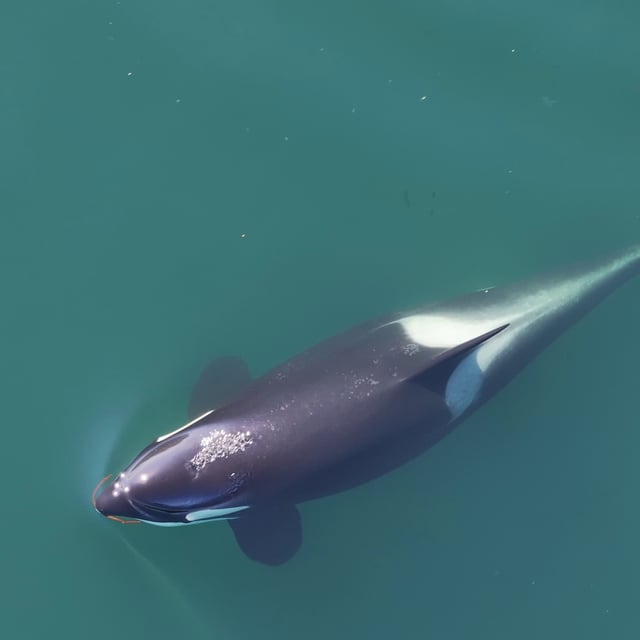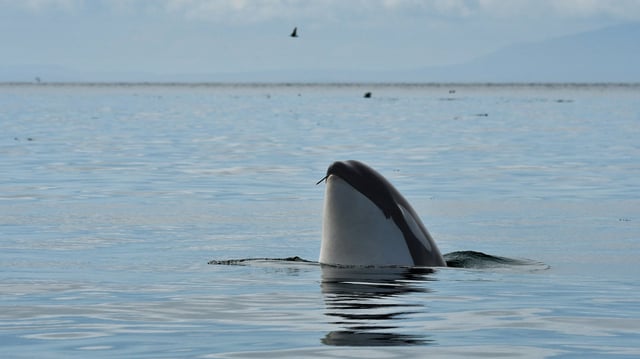Overview
- Researchers observed “allokelping,” where orcas detach bull kelp stalks and roll them between their bodies during mutual grooming sessions.
- High-resolution drone footage in the Salish Sea captured the behavior across males, females and all three southern resident pods.
- Scientists suggest tool-assisted grooming helps remove dead skin and parasites and may strengthen social bonds among whales.
- With fewer than 80 individuals remaining, the southern resident population faces declining Chinook salmon stocks and kelp forest losses from warming waters.
- Ongoing research will examine how whales acquire the technique and assess its role in social structure, skin health and conservation strategies.



